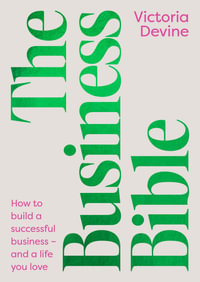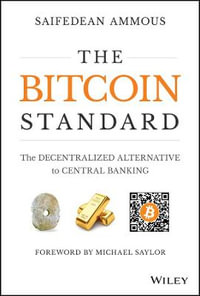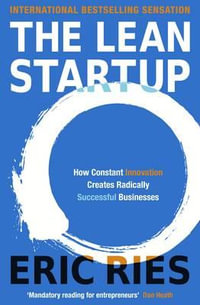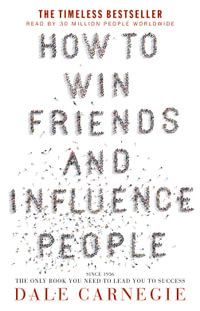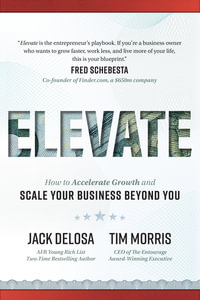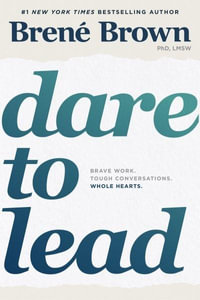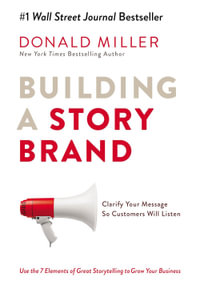A forceful critique of the social science that has ruled—and damaged—the modern world.
The practice of economics, as economists will tell you, is a powerful force for good. Economists are the guardians of the world’s economies and financial systems. The applications of economic theory can alleviate poverty, reduce disease, and promote sustainability.
While this narrative has been successfully propagated by economists, it belies a more challenging truth: economic interventions, including those economists deem successful, also cause harm. Sometimes the harm is manageable and short-lived. But just as often the harm is deep, enduring, and even irreparable. And too often the harm falls on those least able to survive it.
In The Tragic Science, George F. DeMartino says what economists have too long repressed: that economists do great harm even as they aspire to do good. Economist-induced harm, DeMartino shows, results in part from economists’ “irreparable ignorance”—from the fact that they know far less than they tend to believe they know—and from disciplinary training that treats the human tolls of economic policies and interventions as simply the costs of promoting social betterment. DeMartino details the complicated nature of economic harm, explores economists’ frequent failure to recognize it, and makes a sobering case for professional humility and for genuine respect for those who stand to be harmed by economists’ practice.
At a moment in history when the power of the economics profession is enormous, DeMartino’s work demonstrates the downside of that influence and the responsibilty facing those who practice the tragic science.
Industry Reviews
"In The Tragic Science, George DeMartino offers both epistemic and ethical objections to economic analysis, especially insofar as it influences public policy....DeMartino puts a bright spotlight on what he describes as the 'irreparable ignorance' of economists, who often have to deal with what is unknown and unknowable." * Cass R. Sunstein, The New York Review of Books *
"With its reductive view of human nature, economics was called 'the dismal science' in the nineteenth century. Economist George DeMartino prefers 'tragic science,' because so many adherents have been willing to ignore harm in pursuit of growth. 'Their calling validated the imposition of whatever harms were necessary....to get the job done,' he concludes. Such hubris has been tempered by global financial disasters and climate change, but the profession still requires major reform, he trenchantly argues." * Nature *
"In economics, the pressure to create theoretical models and empirical tests that are rigorous yet tractable often leaves a lot to be desired in the actual interpretation of the work. This is a common problem in the social sciences, but it is especially important in economics, DeMartino argues, because of the field's influence on individual behavior and public policy. Good research can indeed provide important insight and evidence, but economists can do a lot of harm when models are flawed, data are suspect, and values are skewed in assessing economic outcomes. DeMartino suggests that the latter issue is critical, because it can have consequences that either are unintended or bypass the calibration of the intended, 'desirable' outcomes....A fascinating, confrontational read. Highly recommended." * Choice *
"The Tragic Science [explores] the complexity and severity of economic harm, highlighting the problematic presumptions about harm that underlie economists' practice in the area of policy assessment and advocacy....[and considers] how economists can endorse social betterment when they cannot know the future impacts of the policies they propose." * Journal of Economic Literature *
"Economics may be the science of trade-offs, yet economists are too ready to sweep under the rug the ethical trade-offs their practice entails. As DeMartino argues, these trade-offs arise both because economists claim more knowledge than they actually possess and because their preferred policies often cause irreparable harm for some people. DeMartino lays out a profoundly challenging agenda for economists-one for which there are no simple remedies yet must be confronted nevertheless." -- Dani Rodrik, coauthor of Combating Inequality: Rethinking Government's Role
"DeMartino sounds the alarm on how much damage economists can do out of paternalism and hubris. He issues a clarion call for economists to embrace ethical principles that oblige them to consider the harm they may do." -- William Easterly, author of The Tyranny of Experts: Economists, Dictators, and the Forgotten Rights of the Poor
"This thoughtful dissection of the moral hubris of economics reveals simplistic and self-serving assumptions. Rather than offering some magical cure, it points to the need for greater ethical engagement with the often perilous practices of economic policy." -- Nancy Folbre, author of The Rise and Decline of Patriarchal Systems: An Intersectional Political Economy


